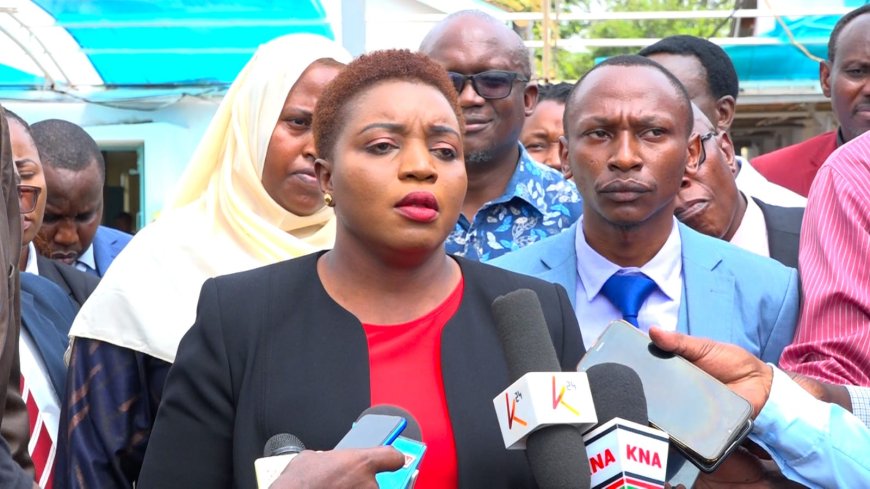Government to Launch National Cancer Strategic Plan

Nairobi, Thursday, July 13, 2023
KNA by Peace Muthoka/ Emma Jolly Wambui
The Ministry of Health has said that it is ready for the launch of the 3rd National Cancer Control Strategy and the commissioning of the National Cancer Reference Laboratory Friday, July 14, 2023, in Nairobi.
The National Cancer Control Strategy (NCCS 2023-2027) has been designed to guide the country to put forward specific priority interventions towards cancer prevention and control based on existing disease burden, risk factor prevalence, global focal areas adapted to the local context, and available resources.
Cancer is the leading cause of death in Kenya after infectious diseases, which increases due to the demo-epidemiologic transition, thus proper planning for cancer prevention and control is necessary.
The strategic plan has five key pillars aligned to the cancer control continuum including Imaging, Pathology and Laboratory Medicine, Treatment, Palliative care, and Survivorship; Advocacy, Partnership, Coordination, and Financing; and Strategic information, Registration, Surveillance, and Research.
According to the head of the National Cancer Control Program (NCCP) Dr. Mary Nyangasi, the implementation of NCCS’s goal is to reduce premature mortality from cancer in Kenya by a third by the year 2028, whereas its mission is to implement a coordinated and responsive cancer control framework that leads to reduced mobility and improves the experiences and quality of life of patients living with cancer.
Nyangasi noted that the strategies will enhance the coordination of structures and optimize cancer surveillance data use, which will strengthen the availability, quality, demand, and utilization of cancer data.
“The strategies will also strengthen cancer registration, which will enhance population-based cancer registration,” she said, adding that the strategies will strengthen cancer research by doing a comprehensive cancer research agenda to inform policy.
Quoting The Director General of the World Health Organization (WHO) Dr.Tedros Ghebreyesus, Nyangasi stated, “7 million lives could be saved over the next decade by identifying the most approximate science for each country situation by basing strong cancer responses on universal health coverage and by mobilizing different stakeholders to work together.”
Courtesy ; K. N. A
What's Your Reaction?
































































































































































































































































































